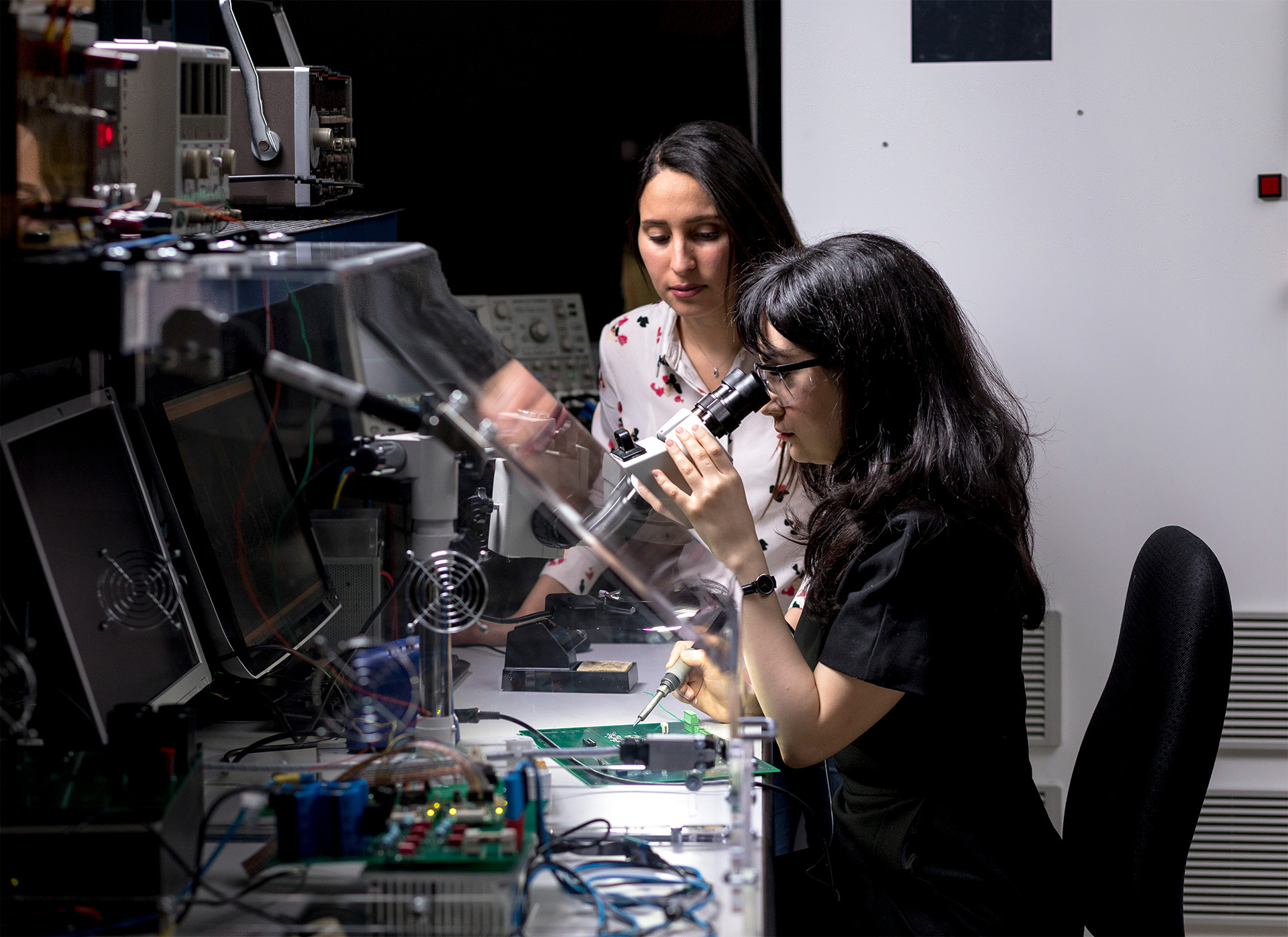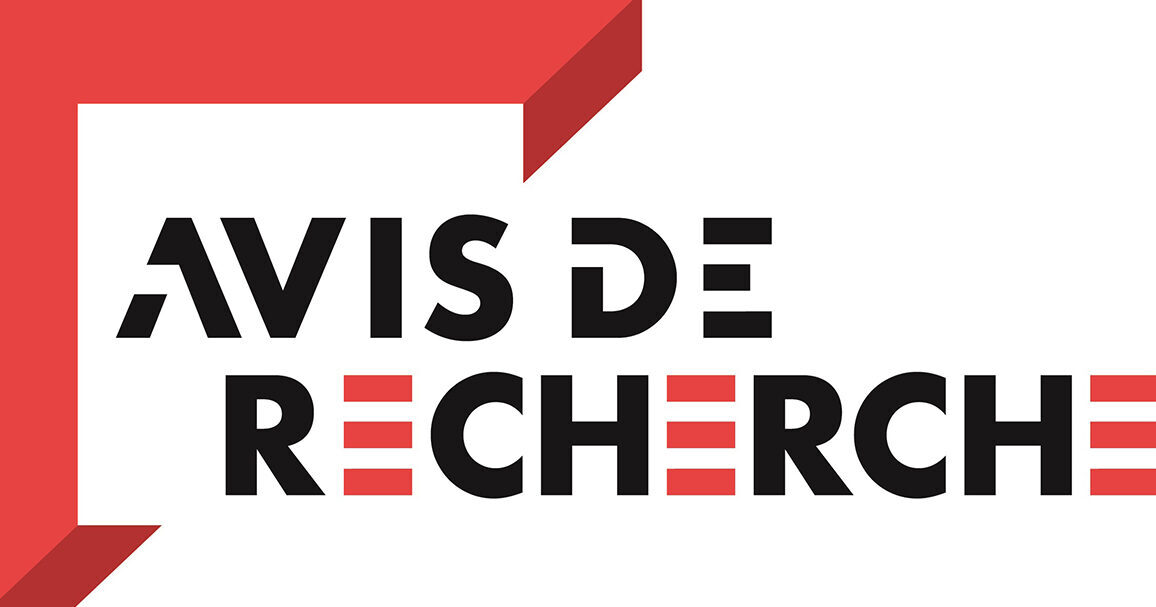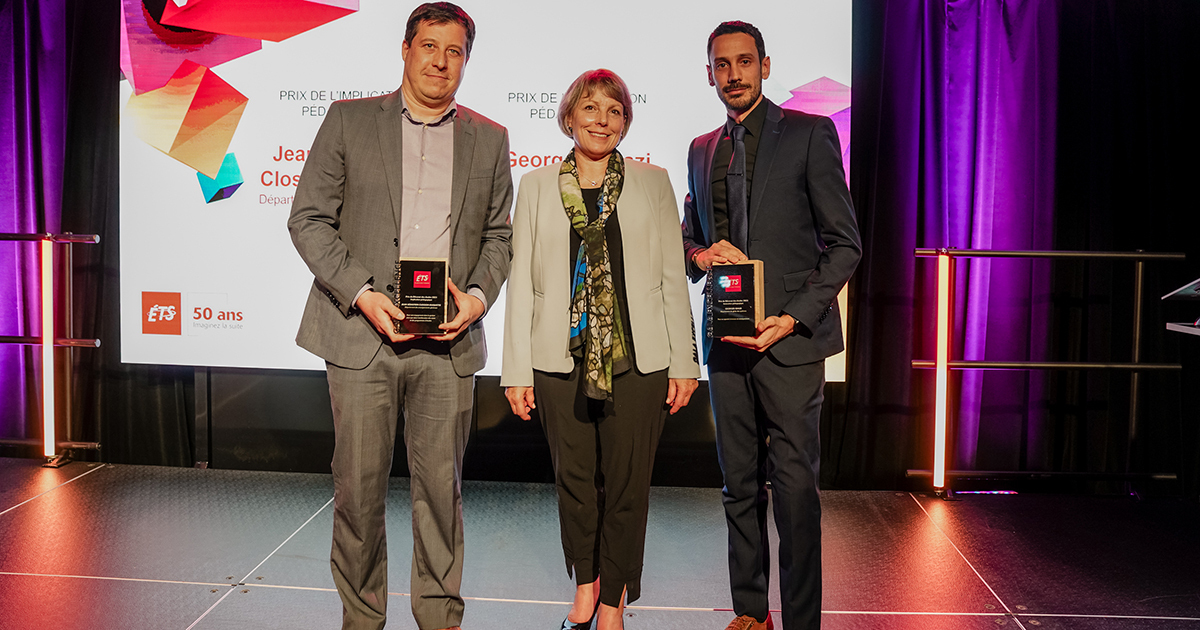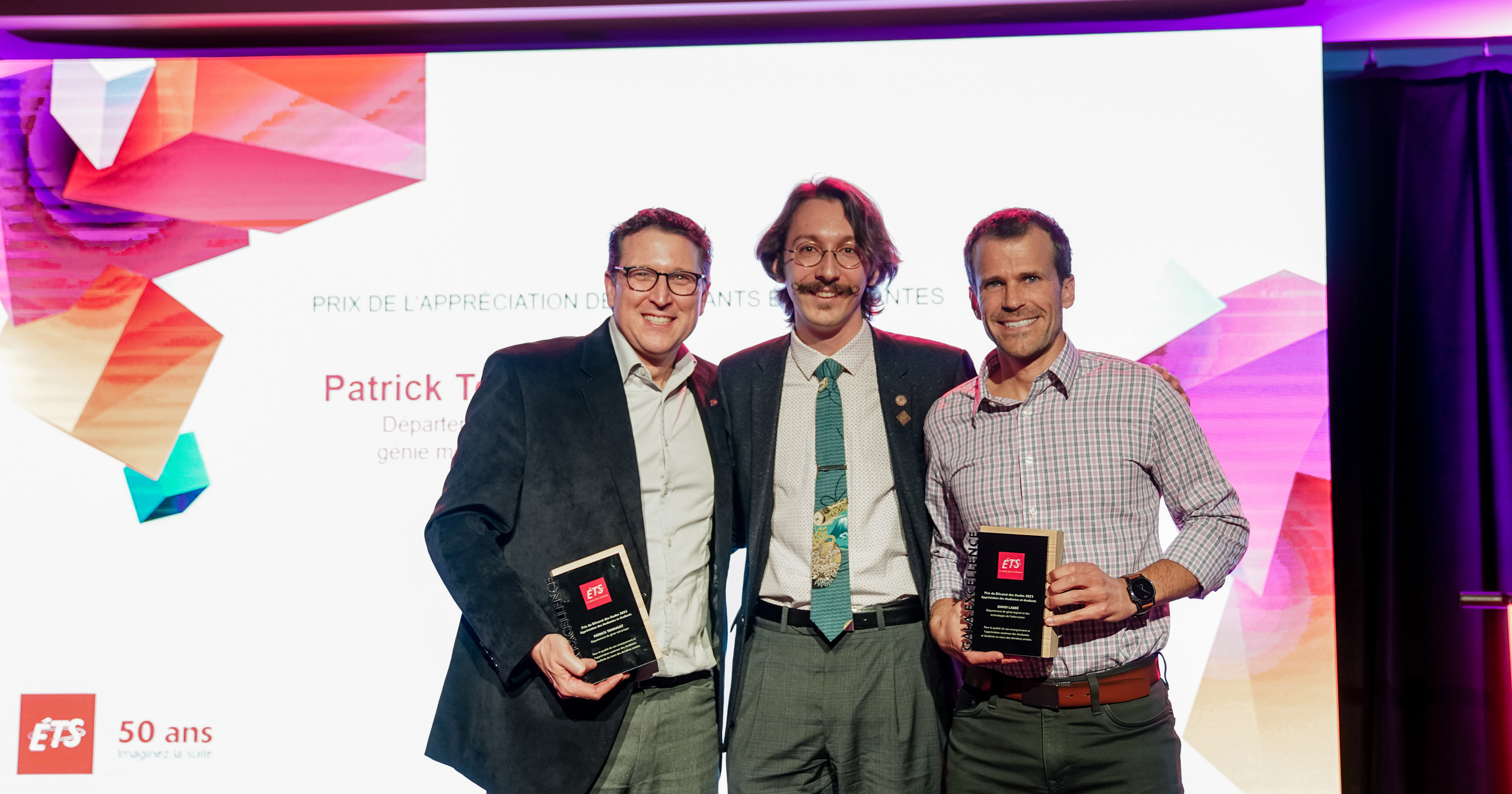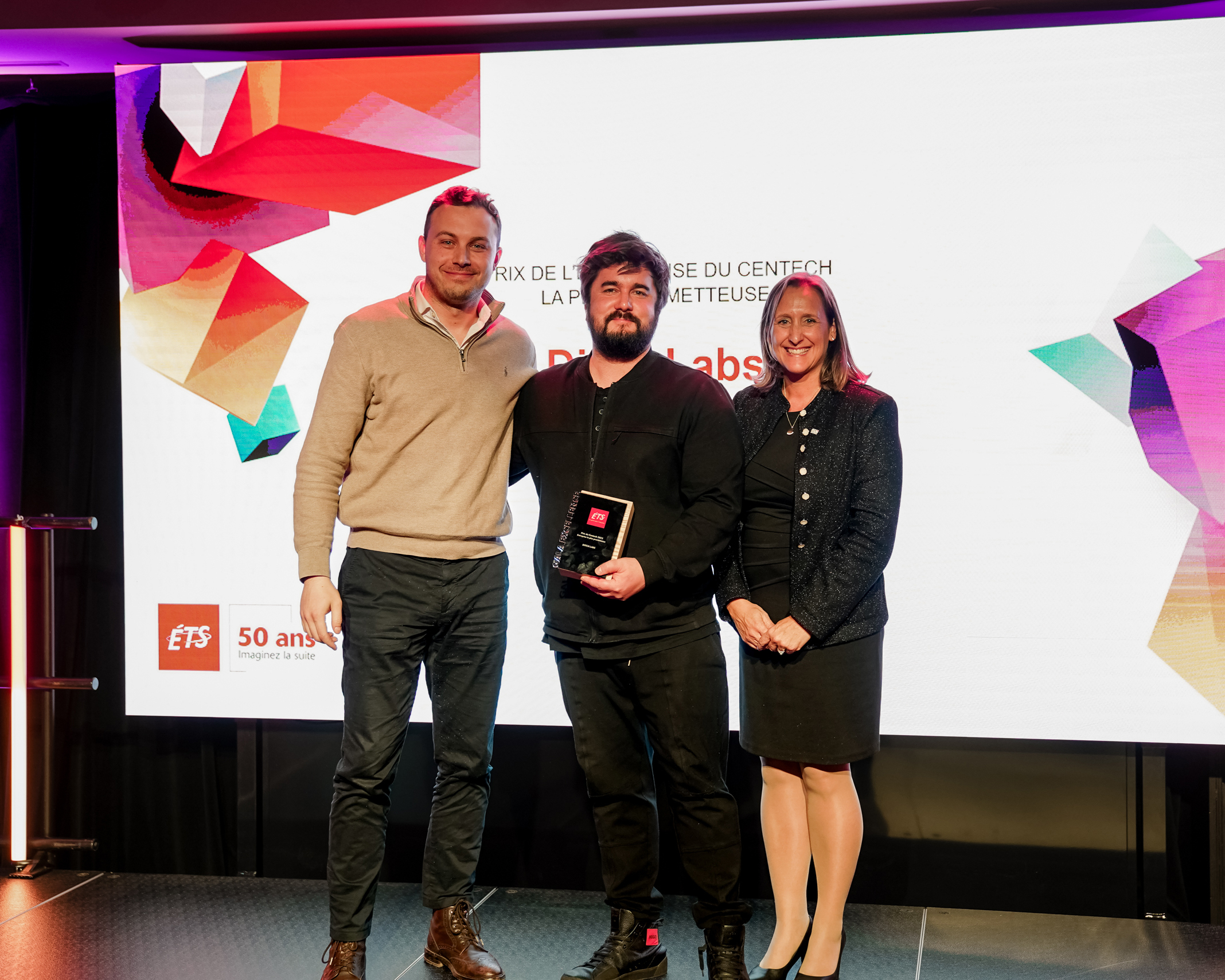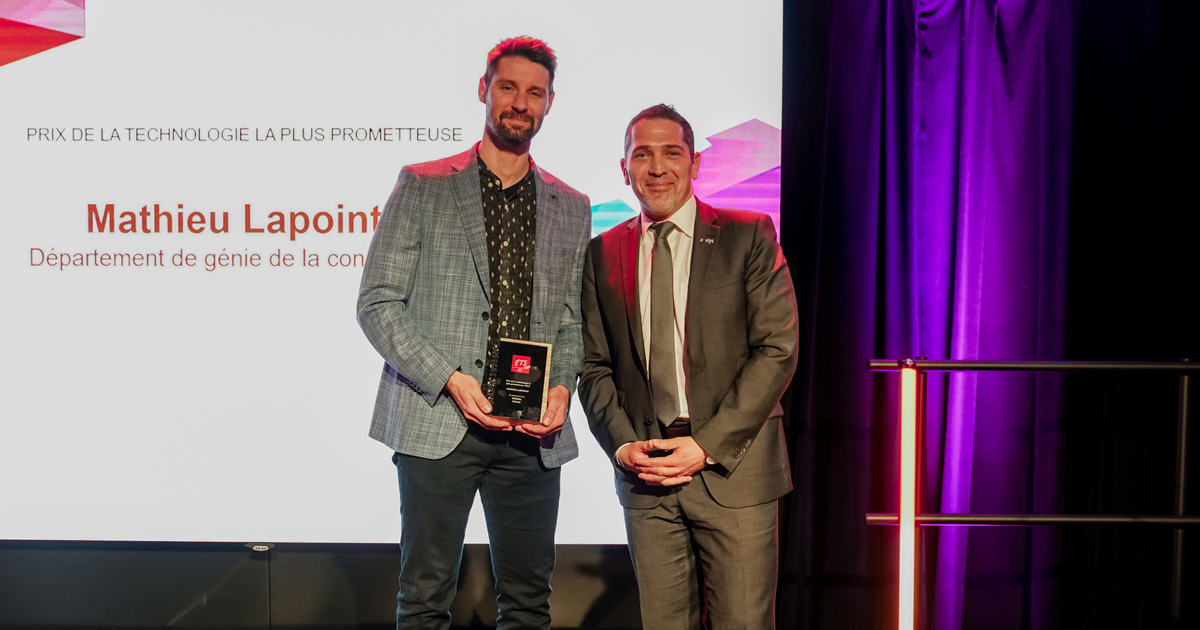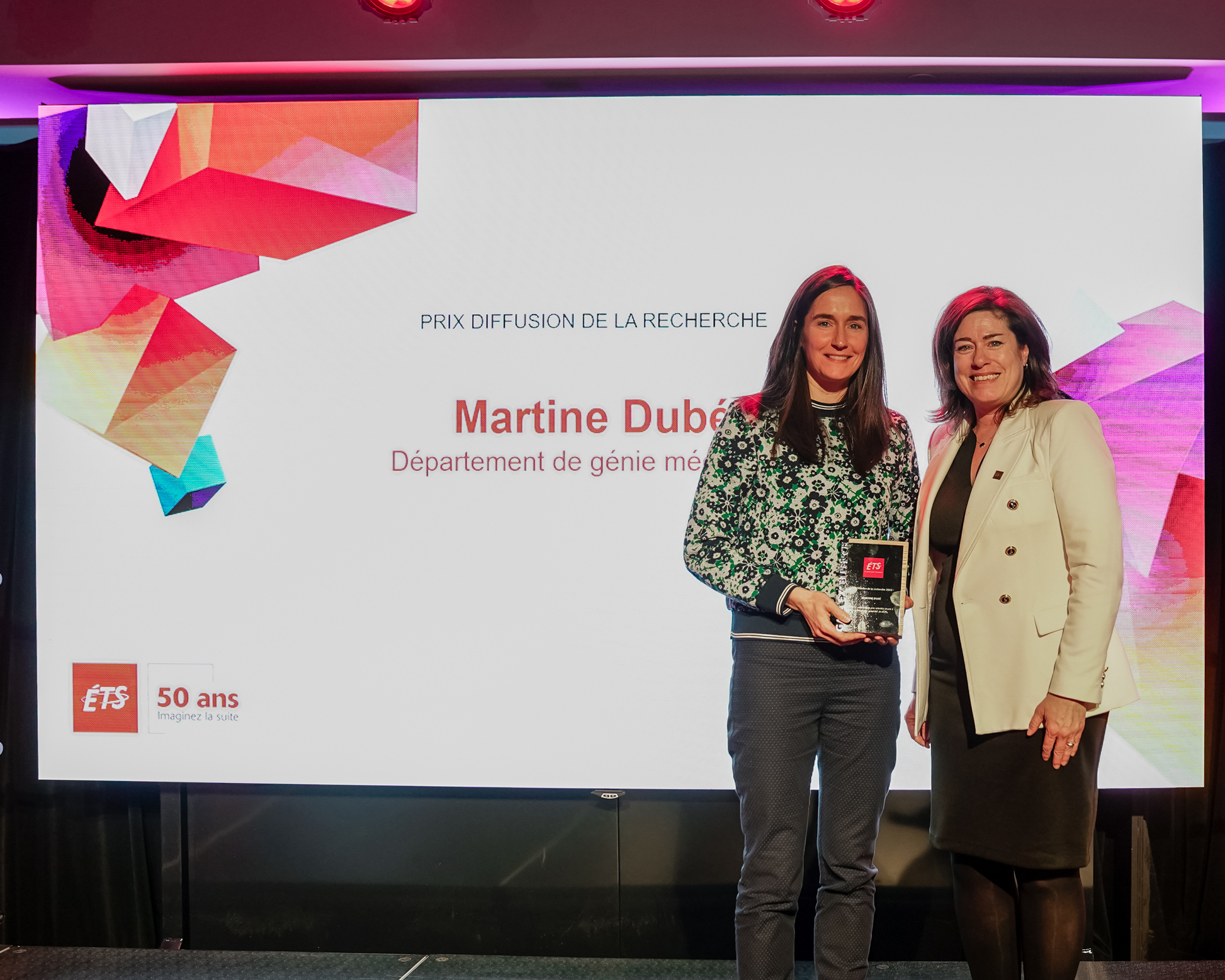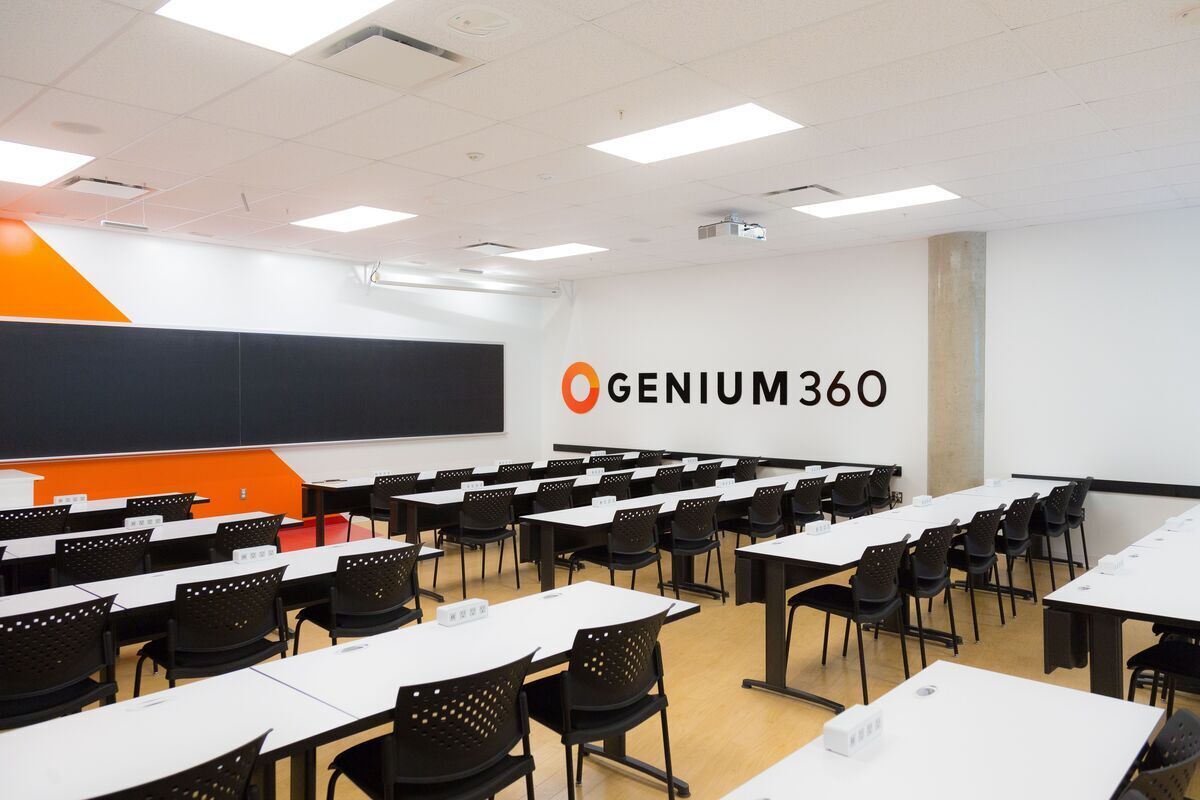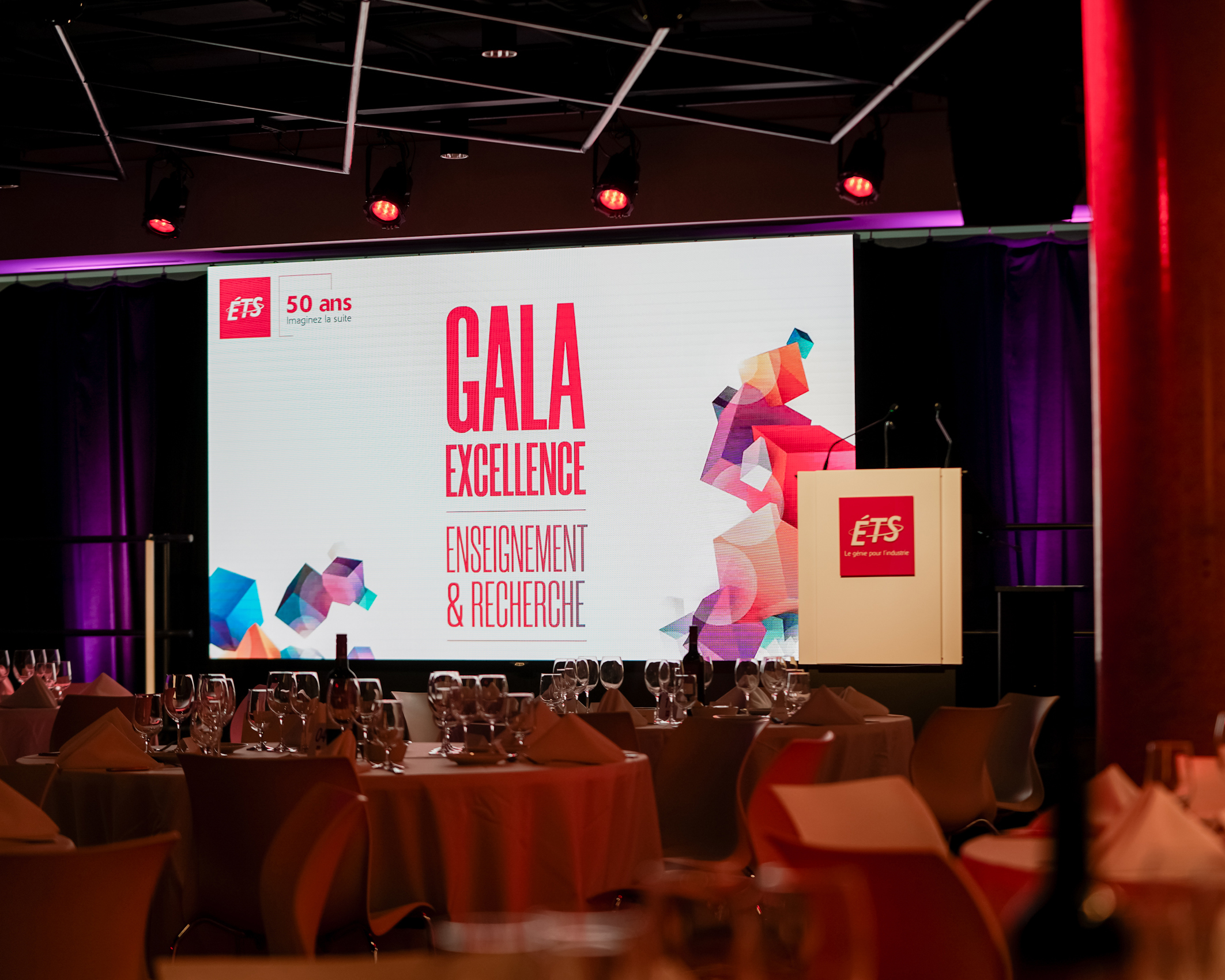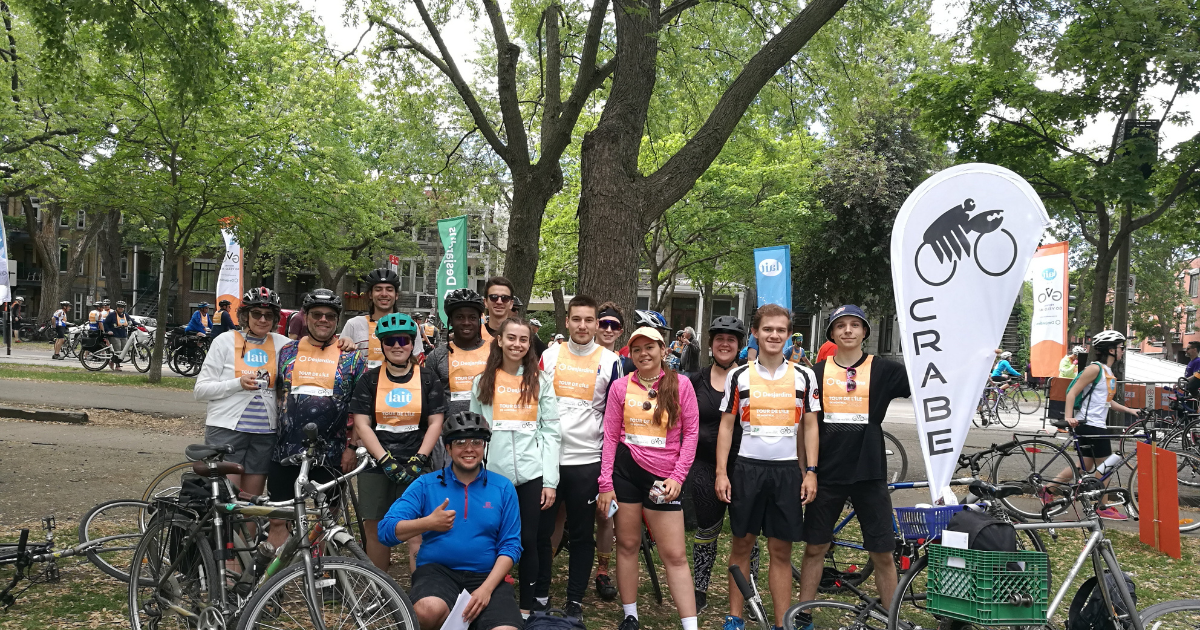Prix et distinctions
Recherche et innovation
LARCASE – Laboratoire de recherche en commande active, avionique et aéroservoélasticité
Actualités
23 avril 2024
La Feuille de route gouvernementale en économie circulaire au Québec saluée par l’ÉTS, le CERIEC, l’Institut AdapT et le RRECQ
17 avril 2024
Fin de session et recherche de stage
17 avril 2024
Des investissements importants à l’ÉTS pour développer la recherche appliquée en sciences quantiques
16 avril 2024
Gala d’excellence : recherche et enseignement 2024
11 avril 2024
L’ÉTS accueillera la 92ᵉ édition du Congrès de l’Acfas avec la collaboration de l’Université Concordia
11 avril 2024
Journée francophone des femmes en informatique
1
Vous êtes actuellement sur cette page
2
Aller à la page : 2
3
Aller à la page : 3
...
51
Aller à la page : 51
Aller à la page suivante
Explorez votre avenir
universitaire
